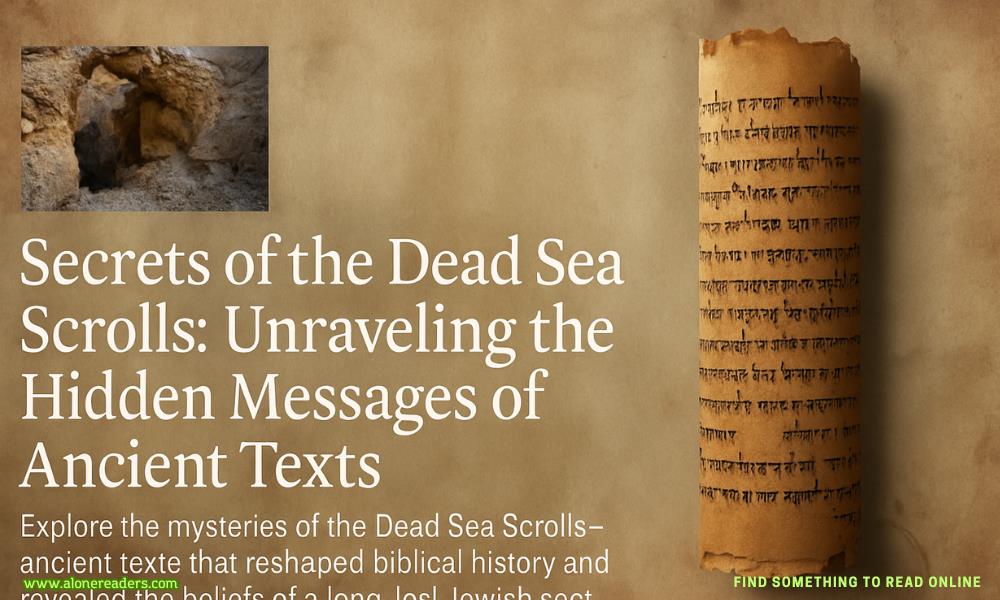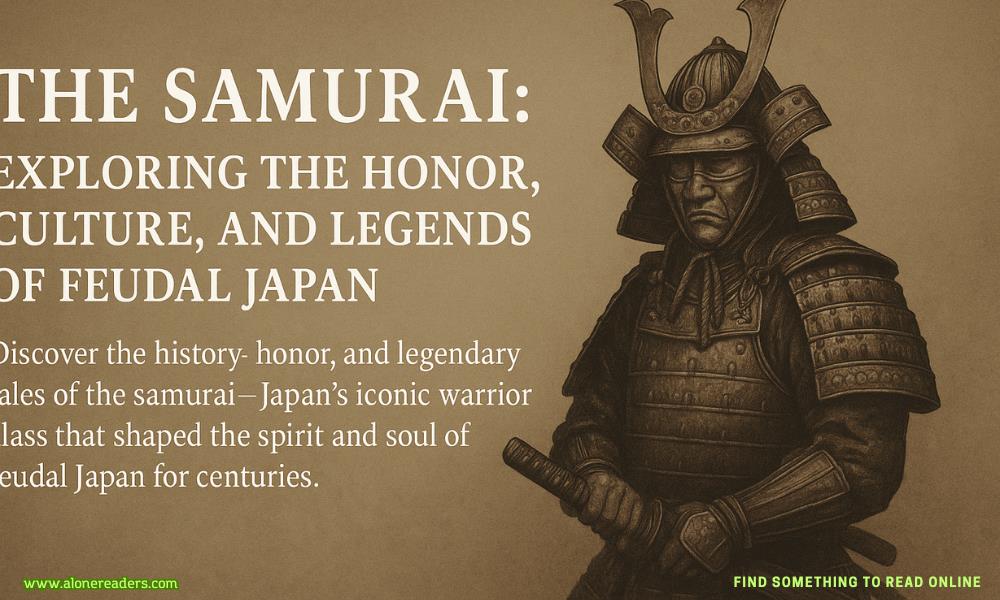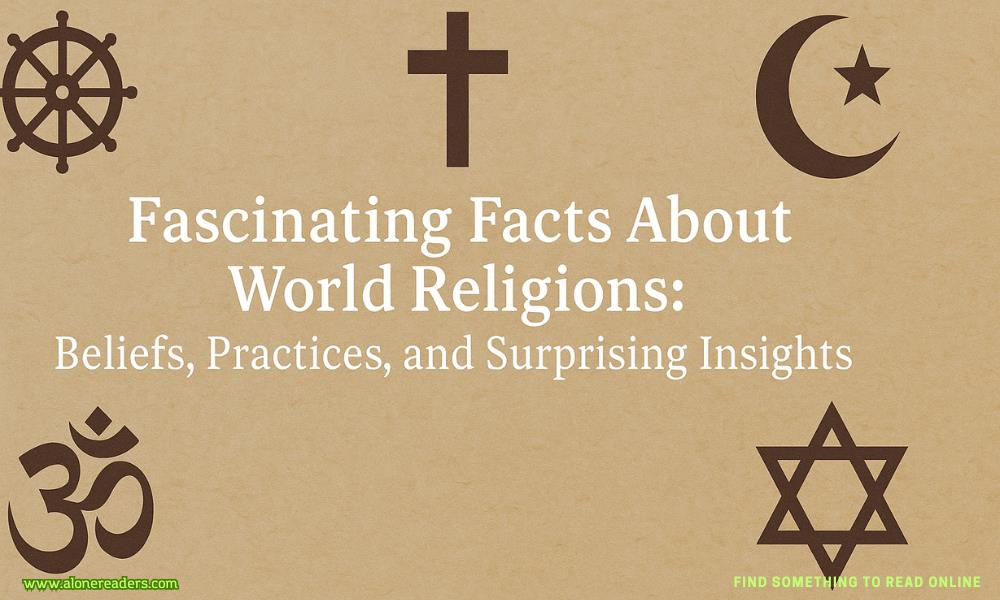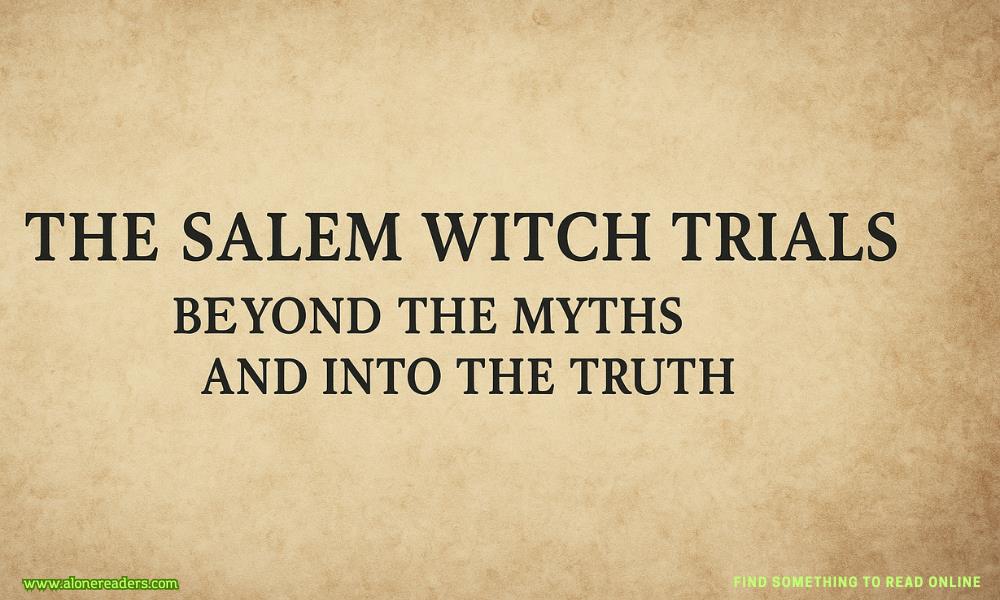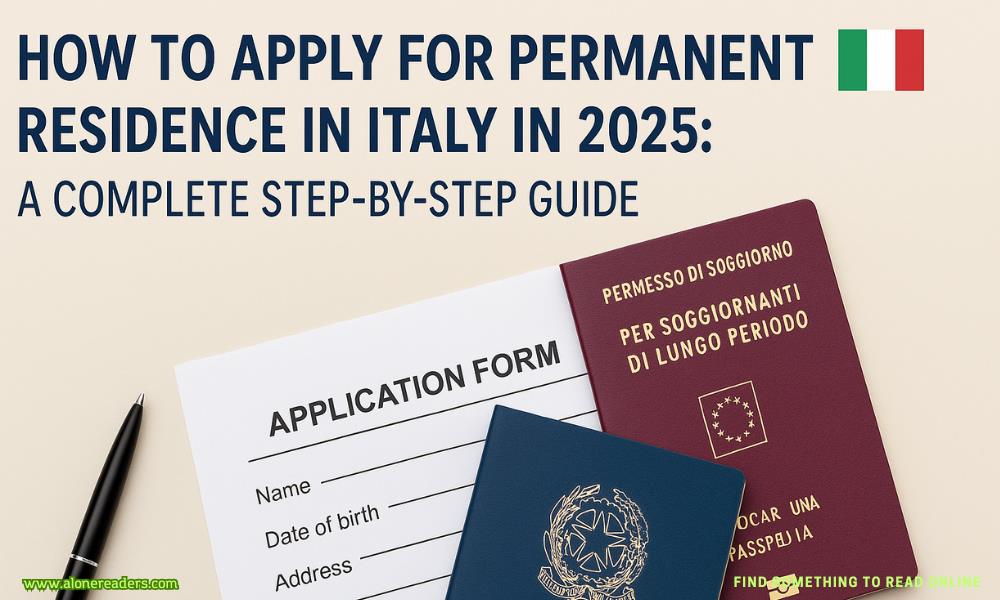Page 98 of Six Wild Crowns
“No, no, my dear. You are the one who has been wronged. You alone must decide who must pay the price.”
The answer comes to her then, as clearly as if the goddess herselfhad placed it there. Except no goddess did this. This is her own conscience, telling her that while she may not have the courage to throw herself on that stage, she does have the cowardice to avoid the choice entirely.
“All of them,” she says. “Execute all of them, but, my king, because you are merciful, let it be a quicker death. Let them die by the axe.”
Henry smiles the slow smile of a hunter admiring its prey’s attempts to escape a trap. She wonders how much he knows, how much he suspects, and whether someone has told him or whether it is her own behaviour that has betrayed her.
“That seems like a fair bargain.”
He nods at a hooded man. All three, boy, woman, man, are pushed to their knees by their guards. Oswyn watches Boleyn blankly. The other two stare at the wooden stage. Their last sight is not of their loved ones or a comfortable pillow, but of a dirty, splintered plank.
I’m sorry I’m sorry I’m so sorry, she thinks.
The executioner works swiftly, methodically.Thunk, thunk. Henry grips her arm and she knows she must watch. Oswyn is last, and he keeps his gaze fixed on hers until the very end.Thunk.
“Thank you for my present, my love,” she says. “You are very good.”
He turns her to him, his touch gentle as he tucks a stray lock of hair into her hood. “Come back to me, Boleyn,” he says, so that only she can hear. “I love you. You love me. I don’t like playing these games with you, my darling.”
Games.
“Do I stillbewitchyou, Henry?” Boleyn asks. He opens his mouth to answer, but the wails of a grieving woman rise from the road beyond Brynd, and Henry leads Boleyn back inside.
Beneath Boleyn’s gown, the old rings begin to prickle. The white hairs unfurl. Somewhere, across the forests of Brynd and the hills of her family estates, a wolf pack howls for the girl it could not take. Inside, Boleyn froths and shakes. So the rumours say she’s a witch do they? Well, maybe she is. Maybe she will be.
CHAPTER THIRTY-NINE
Seymour
Cromwell’s charming request that Seymour return to Hyde is still bristling through her when her carriage crests a hill and she sees the Palace of Plythe, balanced between cliffs over the raging River Kyttle. It’s nearly sunset, and every window glimmers with candlelight and the reflection of the sun and the water beneath, turning the palace into a shimmering arch, as though it were made of glass.
“Isn’t it lovely?” she whispers. She has been here once before, as a girl, when the palace was occupied by a dowager queen who favoured the Seymours. The swell of that first sight is a layer of sediment, placed in Seymour the girl, that has formed Seymour the woman.
She keeps forgetting that Clarice is not beside her to reply. The port abutting Cnothan Castle offers the easiest route for Clarice to reach their family in the Feorwa Isles. She and they will be reunited at Hyde, several weeks hence, just before the Moon Ball. Perhaps Clarice will bring her family too, and their ships, and their knowledge. Seymour is starting to think like Boleyn: knowledge gives power, and power, when wielded correctly, gives happiness.
Howard waits for Seymour at the gatehouse, surrounded by her ladies-in-waiting. Seymour tries to reconcile the girl she has spokento a handful of times in thesunscínawith the girl before her. She does not know Howard as well as Boleyn does, but even Seymour can see a difference in the way Howard carries herself from the frantic bird of their first conversation, a few months ago. The difference lies in the certainty of her footfall as she approaches the carriage, the way her smile is now bestowed like one of her gifts, not thrown out as protection. Her lap dragon winds its way up her body and nuzzles into her neck, blowing puffs of smoke into her hair.
Seymour reckoned on Howard being more easily persuaded to join the cause than Queen Cleves. Her only concern was how to get Howard alone without being overheard. Now, though, she wonders whether she might find the endeavour more difficult. Howard no longer seems quite so eager to please as she once was.
“You look radiant, sister,” Seymour says as she steps out of the carriage.
“As do you,” Howard replies.
“Tell that to my bones,” Seymour replies, stretching her back with several satisfying clicks.
Howard laughs and leads Seymour into Plythe. The palace is more modern since Seymour’s last visit. Howard has installed a new form of flooring that creates beautiful patterns from different forms of wood. Warm cherry sits next to more sedate oak in exquisite designs of dragons and flowers. Paintings of women and men in flowing robes have replaced the iconography of Seymour’s memory.
Howard brings Seymour into the banqueting hall, where a bearded man waits for them. He wears the robe and bound headdress of the Uuveks and stands with his hands clasped in front of him, as though he could wait for an eternity without growing impatient.
“May I introduce my tutor, Voda Kelaverinn,” Howard says.
“Ah, you are the scholar Queen Boleyn spoke of?” Seymour says.
“Vadoum Boleyn wrote to me on the recommendation of her father,” Kelaverinn says. “She said that she had an intriguing student for me, if I was up to the challenge.”
“You’ve never told me this before,” Howard says, grinning. “Intriguing?”
“She said that the student was eager to learn, with an excellent memory, but had not the wherewithal to learn your alphabet through the traditional manner of teaching.”
- The Prince's Secret Twins by Elizabeth Lennox
- Tangled Desires by Tory Baker
- At the Edge of Surrender by A.L. Jackson
- A Touch of Fate by Cora Reilly
- Untouchable Love by Lucy Darling
- After Hours by Caitlin Crews
- Shelter from the Storm by Mari Carr
- Someone Knows by Vi Keeland
- Hawk by Fiona Davenport
- The Silencer by Brooke Summers
- The Beat of her Heart by Emily Hayes
- The Neighbor's Son by K. Webster
- Vasily the Hammer by C.B. Alice
- Convenient Vows by D.C. Beks
- Wrapped in Silver by Sara Vice
- Ruined By Capture by Sherry Blake
